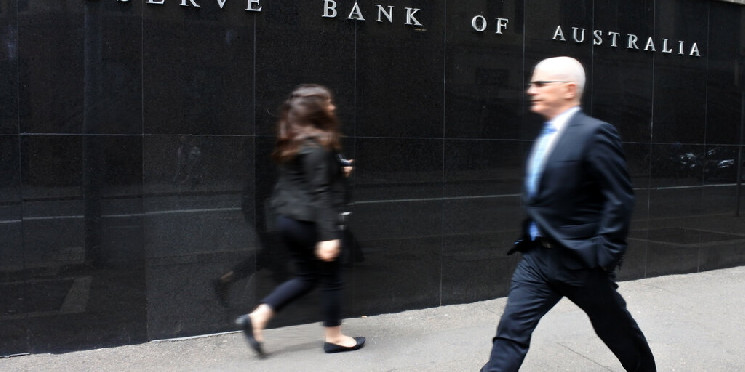Reserve Bank of Australia (RBA) Governor Michele Bullock recently delivered a blunt critique of crypto, stating digital assets like Bitcoin hold no role in Australia's economy.
“Don’t call it an alternative currency,” Bullock said at the Australian Securities and Investments Commission (ASIC) annual forum on Thursday. “It’s not a currency, it’s not money; it’s being used as some sort of asset class. I don’t really see a role for it in the Australian economy or payments system.”
The governor’s comments come as the world’s largest crypto rallied to nearly $100,000 last week, driven partly by Donald Trump’s re-election and a potential shift in U.S. crypto regulation.
Industry leaders are warning that such a conservative outlook could have long-term consequences for Australia’s position in the global financial arena.
“Governor Bullock’s assertion that digital assets like Bitcoin are ‘not money’ but ‘some sort of asset class’ reflects a conventional view that misses the larger, transformative potential of cryptocurrencies and blockchain technology,” Caroline Bowler, CEO of BTC Markets, said in a statement to Decrypt. “I believe a more open-minded approach is needed.”
Australia's reluctance to embrace crypto-based innovations "risks" the country's chance to lead in the global digital economy, Bowler added.
ASIC Chair Joe Longo echoed Bullock’s concerns at the forum, dismissing the recent surge in Bitcoin prices as a classic example of the “bigger fool theory.”
Despite the skepticism from Australian regulators, a Finder.com.au report indicates nearly 27% of Australians have shown interest in owning cryptos, viewing them as a long-term investment rather than a mere speculative asset.
As Australia grapples with crypto doubts from officials, the U.S. is pivoting in the opposite direction. U.S. President-elect Donald Trump has promised to make the country the “crypto capital of the planet,” with discussions centering around the creation of a strategic Bitcoin reserve to tackle the national debt.
“The increasing interest in Bitcoin and broader adoption of digital assets indicate a global shift in how we view value and exchange,” said Bowler. “Cryptocurrencies are becoming a legitimate form of value exchange with popularity and purpose outside of our borders. The question is not if, but how Australia will fully embrace this evolution.”
Despite regulatory caution in Australia, the local market is showing increasing interest in digital assets. Monochrome Asset Management announced plans last month to launch Australia’s first spot Ethereum exchange-traded fund (ETF) on Cboe, seeking to capitalize on rising investor demand.
Bowler sees this as a clear indicator that the appetite for crypto among Australians is strong.
“Crypto is not a dirty word,” Bowler said. “It represents a fundamental shift in how we perceive value, ownership, and financial transactions."
By acknowledging this shift and promoting open dialogue, the Reserve Bank of Australia and other regulators could position the country to capitalize on blockchain and cryptocurrency technologies, she added.
Edited by Sebastian Sinclair
 decrypt.co
decrypt.co
